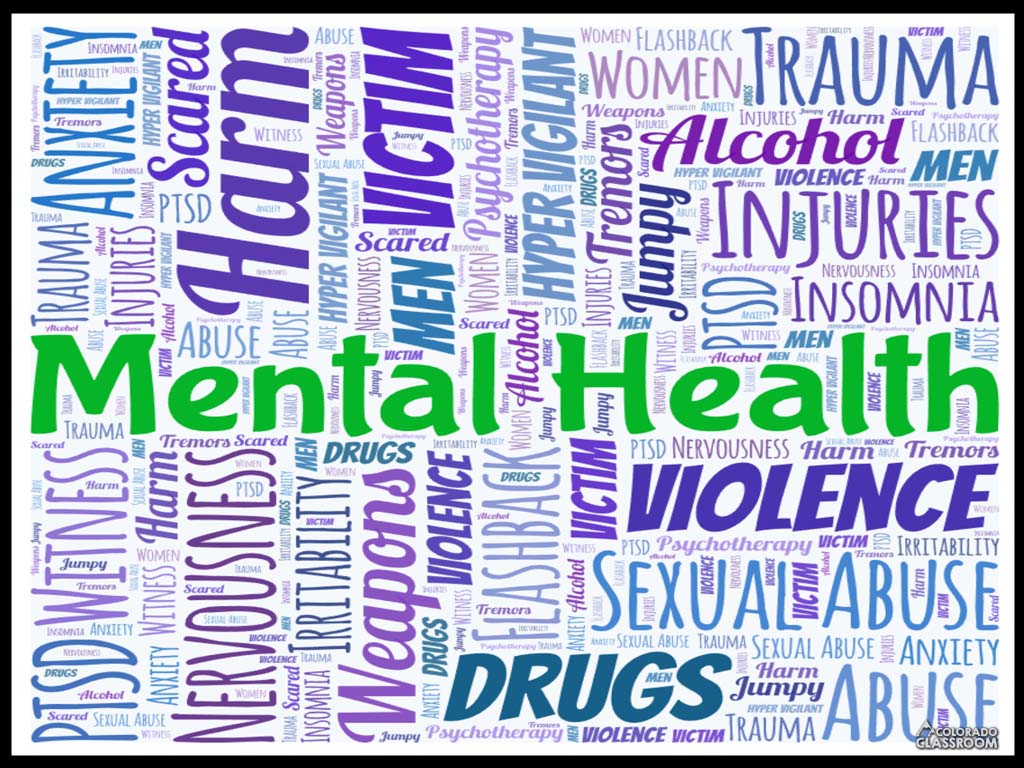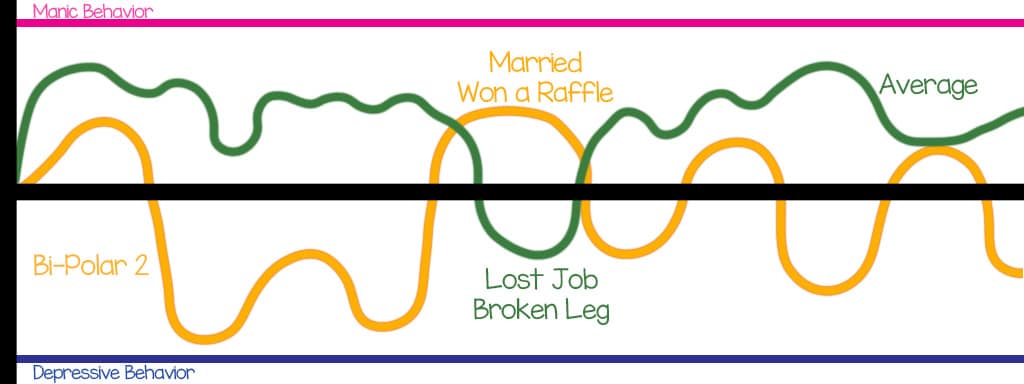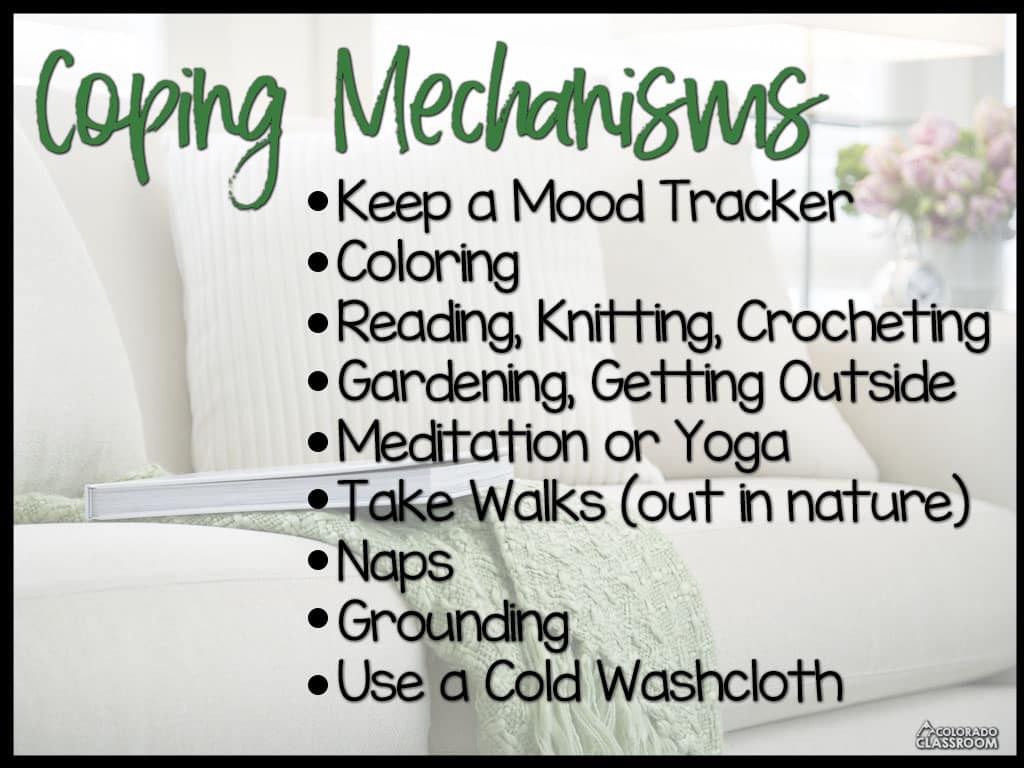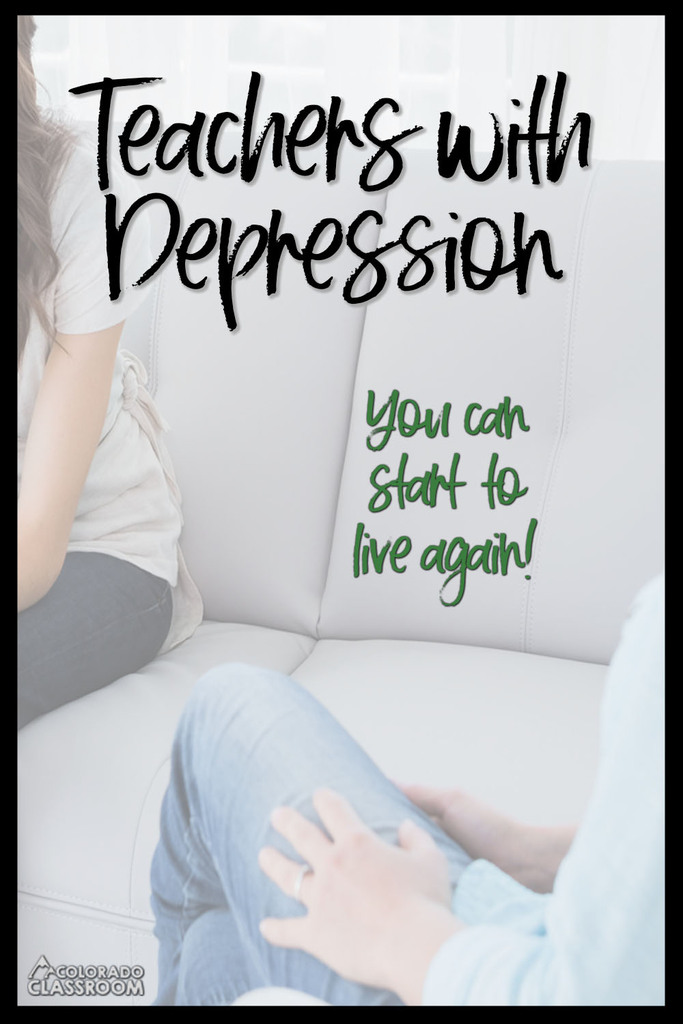Teachers with Depression – Start to Live Your Life Again!
It’s taken me a long time to write about teachers with depression and my journey as one of those survivors. It is not something easy to write about. The stigma associated with depression, anxiety, and other mental health diseases has been large, but I am here to break it down and help myself and you to start living your life again. So, for all those teachers with depression out there, here’s my story, some advice, and some ideas to take back your life and start living again.

My Depression Story
I have had depression since before I was 9. I don’t know exactly when it started; I just know I was 9 when I first tried to kill myself. It wasn’t a great attempt, and my brother found me and stopped me, promising not to tell Mom if I would “knock off this crap.” I did for quite a while, but my teen years were incredibly hard.
I was the victim of verbal, emotional, physical, and sexual abuse by a “loved” one. My parents divorced. My mother remarried her high-school sweetheart, but that meant moving halfway across America to a small town in the USA during high school. I lost my friends and my outlets and passions without a say in the conversation. Depression hit me hard, and I latched on to unhealthy friendships. It was then at 16/17 I entered into a suicide pact and was then outed by that “friend.”
I was hospitalized in the teenage psych ward for ten days after that “friend” told the school administration of our plans, which was humiliating for me. I was a straight-A student who hid her cutting, quiet suicide attempts for help, and more quite well. Teachers and administrators were shocked I was in a suicide pact. But I completed the hospital’s therapy, lessons, homework, and more with flying colors and was released home for more therapy. I have pretty much been in therapy ever since. I usually really enjoy therapy and feel like it helps me quite a bit. But it was then that I was diagnosed with Major Depressive Disorder with suicidal ideology.

I took a gap year to earn money for college and also had a baby with my husband about halfway through my degree program, but I earned my teaching license – a Bachelor of Science in Secondary Education Cum Laude – in five years. I was licensed then to teach secondary social studies from grades 6 to 12. Together, our small family headed back to Colorado, where I was from, and I spent a year taking care of our kiddo, unpacking, and doing small jobs before entering the classroom.
When I found a job, it was in the sixth grade, teaching everything in a mainly self-contained setting. It wasn’t what I was trained for, but I had completed a semester of student teaching in a similar setting, so I felt prepared to do the job. My symptoms and diagnoses had not gone away, but I was able to hide them and complete my job from day to day. However, I was one of many teachers with depression teaching in the classroom.
I was re-evaluated in my 30’s, and Bipolar 2 was added to my diagnoses, along with Anxiety and PTSD due to a work-related situation. Bipolar 2 is different than what you might think of when you hear bipolar. It does not mean I have two different personalities, although my husband might disagree. It means I waver between two degrees of psychological reactions to things. I can get massively depressed or very low, but the high manic waves of feeling really good never hit. I just cycle between really low and just meh or okay all the time.

It was also at that time that I was diagnosed with workplace-induced PTSD. My own form of this horrible disorder came after several years of being intensely bullied, badgered, and beaten down by a group of administrators at my school who felt threatened by me. They made my life a living hell from August to the end of May, making me feel like a failure with my students and colleagues and giving me reprimands right and left. Anyone who spoke up on my behalf was quickly terminated.
When I finally decided to leave that position, they actually erased my eleven years of contributions and participation at this school in under two. The district had no knowledge of me ever working there; I was obliterated from the computer system, and all my earned credits were gone. I had essentially vanished. It was a horrible event to live through, and because of the disorders I have, it made me hate myself more and dive back into self-loathing.
I went on and secured a teaching position at another school. I taught there for six years, made great connections, served a term as the Grade Level Leader, and had wonderful reviews each and every year. I did finally succumb to the trauma I experienced at my first school, as daily migraines took over from the PTSD I feared and experienced every morning. I was asked to use FMLA time and step away from the classroom to see if my symptoms would improve. They did, virtually overnight. Now even older, I rarely, if ever, have a suicidal ideology, but the other four diagnoses are still ever-present, just quieter in nature.
Teachers with Depression
Being teachers with depression does not mean people are going to be bad at their job or infect their students with depression, as I’ve seen and heard many parents believe. Teaching is similar to acting, as you have to go in, put on a face, and act as if nothing is wrong with your personal life. So, acting as if you do not have depression is just part of the job. Most parents and students will not ever know that teachers with depression are leading their children’s classrooms.
If willing, medications can also assist in hiding what might be clearly written on a teacher’s face. I take quite a few medications each day, some for different afflictions that I have, but I specifically take four (4) pills each night to help with my mood and anxiety. I am not a doctor or psychologist and cannot diagnose anyone or tell them what is in store for them, but I think four pills are well worth feeling better about myself and being able to feel better around others.

Coping Mechanisms
I also have some coping mechanisms that help get me through rough days and difficult times.
- I like to make lists and keep them in my calendar to help organize myself and set goals for the day or week.
- I also have a mood tracker – an app called Daylio – which helps me look for trends, identify troublesome areas, and talk about key points with my therapist.
- I find it soothing to read, color, and nap, and I may do all three or any one of the chosen activities if I need to decompress or have a moment to myself.
- I also listen to meditations when I’m having trouble sleeping or calming down. I specifically like HeadSpace, but finding a meditation system that works for you can help you zone out and keep in touch with your inner self.
- Finally, I try to ground myself when I feel the paralyzing fear of anxiety wrapping itself around me. This is a technique that involves becoming hyper-aware of your senses and what you can acutely see, feel, hear, smell, etc., at that moment, allowing you to free yourself from the fear.
- Doing any of these while also getting outside is a bonus. Getting outside and enjoying nature and the color green, which causes us to calm down, is a big plus. Even getting your hands into nature and gardening is another way to cope, slow down, and deal with the depression and anxiety gripping you.
You Can Start To Live Again

I’m sharing all of this because I know teaching is a high-stress job. I’ve heard it said that teachers make more decisions in a day than an air-traffic controller. Teaching comes with high demands, lots of pressure from various stakeholders, and young lives held in the balance. As teachers, we spend more hours a day awake with our students than their own parents do, so it is imperative that we do our job to the utmost ability and with integrity.
I’m not the only one who has suffered from depression, anxiety, fear, self-loathing, etc. It’s time we erase the stigma and that we get help for ourselves and others and for our profession. It’s time that we practice what we preach. What would you tell a student who was depressed, anxious, or dealing with trauma? If you would guide and lead them to help, then you must do the same for yourself as well. Reach out for assistance from those professionals around us. It’s time that we do what we need to do to be happy and healthy.
I am not a licensed therapist, psychologist, or doctor, and I can’t tell you what’s right for you, but if you find yourself unhappy, worried, or lost all the time, there are ways to get help and find that part of you that you miss. Talk to your primary care physician (PCP) or use Psychology Today or Better Help to find a local counselor or therapist that’s right for you. You can get help and start living again.
I invite you to engage in a healthy conversation. Ask questions, seek advice, and share your story.


Pingback: Assertiveness & Self Love: Teaching Values to Kids - The Colorado Classroom
Pingback: Why I'm Leaving My Job: Reasons - The Colorado Classroom